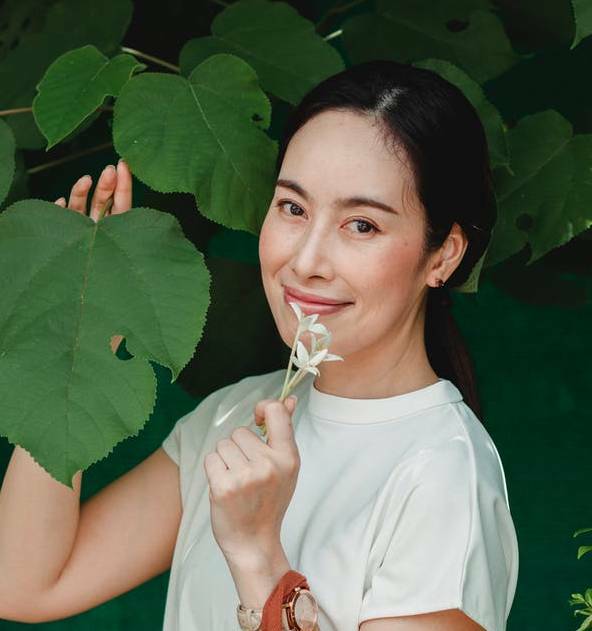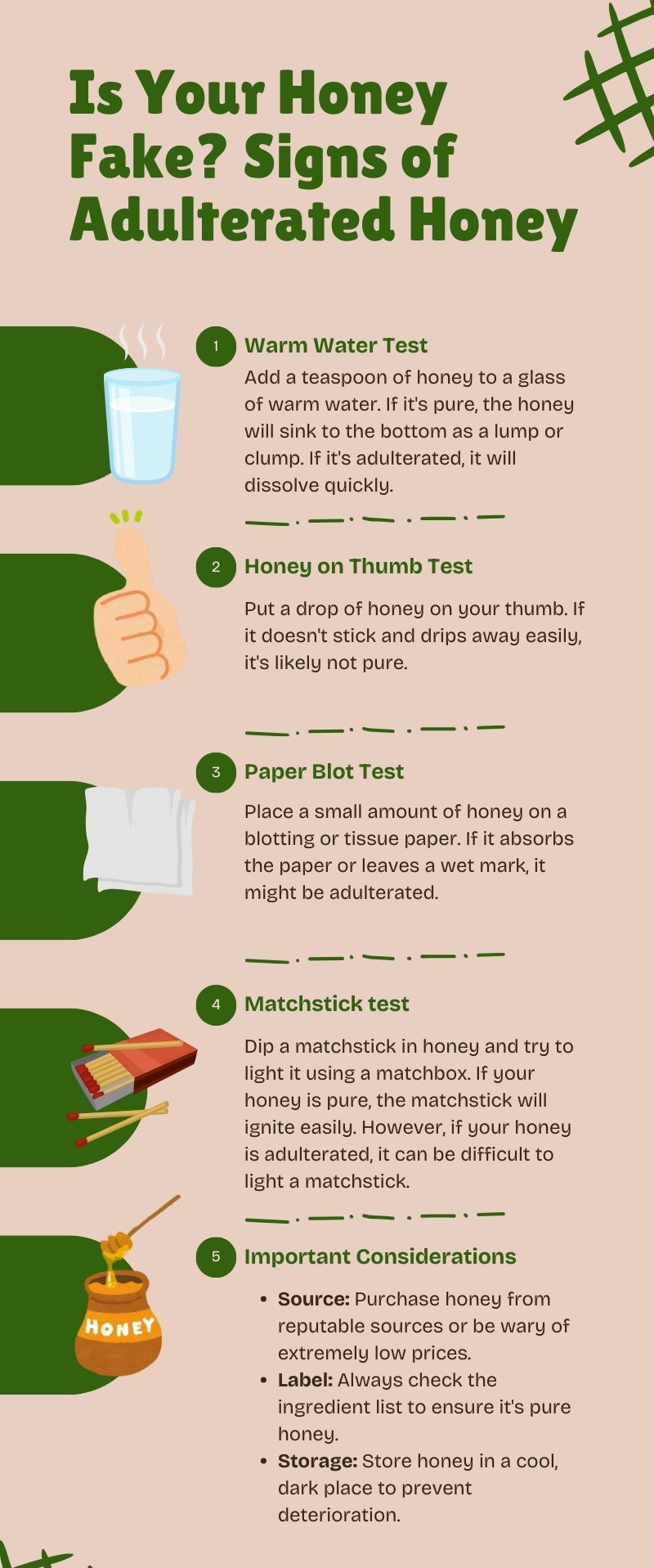Notifications
ALL BUSINESS
COMIDA
DIRECTORIES
ENTERTAINMENT
FINER THINGS
HEALTH
MARKETPLACE
MEMBER's ONLY
MONEY MATTER$
MOTIVATIONAL
NEWS & WEATHER
TECHNOLOGIA
TV NETWORKS
VIDEOS
VOTE USA 2026/2028
INVESTOR RELATIONS
DEV FOR 2025 / 2026
ALL BUSINESS
COMIDA
DIRECTORIES
ENTERTAINMENT
FINER THINGS
HEALTH
MARKETPLACE
MEMBER's ONLY
MONEY MATTER$
MOTIVATIONAL
NEWS & WEATHER
TECHNOLOGIA
TV NETWORKS
VIDEOS
VOTE USA 2026/2028
INVESTOR RELATIONS
DEV FOR 2025 / 2026
About Me
 Chrisial Ling
Chrisial Ling Chrisial Ling is the Marketing Executive at Nature’s Glory, a trusted online organic store in Singapore, and an advocate for healthy living through organic choices. Her expertise in health trends fuels her informative content to help readers navigate the world of organic food, natural beauty products, and health supplements. Chrisial simplifies complex topics, making it easy for you to discover the benefits of everything from gut-supporting probiotic supplements to the natural sweetness of raw organic honey. Whether you are curious about incorporating fish oil capsules into your routine or interested in trying pink Himalayan salt or organic chia seeds, Chrisial’s writing provides clear explanations and insights. Start your organic journey today to unlock vitality and well-being!
 Chrisial Ling -
Mar 27 -
Family & Home -
honey
manuka honey
-
113 views -
0 Comments -
0 Likes -
0 Reviews
Chrisial Ling -
Mar 27 -
Family & Home -
honey
manuka honey
-
113 views -
0 Comments -
0 Likes -
0 Reviews

Singaporeans are always looking for high-quality, healthy goods that are always worth their money. It’s why many in Singapore want Manuka honey instead of regular commercial honey. But even if it's touted for its medicinal uses, this superfood has unfortunately been the victim of counterfeits.
But fret not — there are ways to determine whether the honey you buy in Singapore is truly Manuka or not. Let’s check out the steps you can take to ensure you’re getting the real deal.
You might be wondering what the big deal is with making sure you find real Manuka honey. The issue lies in what I’ve mentioned earlier: the health benefits.
True Manuka honey should have powerful antibacterial properties that help you in a myriad of ways, like healing wounds faster, treating acne breakouts, or soothing sore throats. If you happen to buy a fake product, you’re unlikely to enjoy these benefits.

With all that in mind, make sure you get your money’s worth by keeping these pointers in mind:
If you’re looking for traditional Manuka honey in Singapore, see if the label says “Product of New Zealand” or “Made in New Zealand” or anything similar. This is because the honey is primarily produced in New Zealand. If the item is vague about where it’s from, it’s a definite red flag.
Methylglyoxal or MGO is perhaps the most important compound in Manuka honey, as it’s the one that’s mainly responsible for the honey’s potent antibacterial properties. You should look for a product with an MGO rating of 80+ or higher. The greater the number, the stronger its healing effects.
If you’re absolutely serious about the quality of the honey, always check its Unique Manuka Factor or UMF trademark. This is a grading system used by all registered Manuka honey producers in New Zealand that tests the honey for vital markers such as:
MGO for its antibacterial potency
Dihydroxyacetone (DHA) indicates the honey’s shelf life
Leptosperin, a compound found only in the Manuka plant’s nectar
The UMF™ rating ranges between 5+ to 25+. Products rated around 5+ and 10+ are generally recommended if you just want a healthy sweetener. Meanwhile, those graded 15+ or higher are better if you want honey with more pronounced benefits.
Don’t forget to check if the label specifies if it's monofloral or multifloral honey. Monofloral means it’s made purely (or at least mostly) by bees that foraged from Manuka flowers. This means they’ll likely have a higher MGO content and will have more powerful properties.
On the other hand, multifloral Manuka honey is a blend that contains honey from other flowers, making it less potent.
Reputable Manuka honey brands take pride in their beekeeping practices and will be transparent with you about how their products were harvested and tested in New Zealand. Many even have QR codes on their labels so customers can learn about the honey’s source.
If you want to have more peace of mind about the honey you buy in Singapore, then it’s best if you look for a well-known organic retailer. These shops will stock up on Manuka honey that’s been tested and certified.
Of course, you should still review the labels to be sure that you’re getting the product you actually want.

Manuka honey is no cheap product, so don’t settle for fakes. It’s in your best interest to learn how to spot the genuine ones. By doing so, you could enjoy the full benefits of this wondrous sweetener.
If you need some more tips on buying the right honey, you can always approach your trusted organic shop. They can point you to the item you’re looking for.
